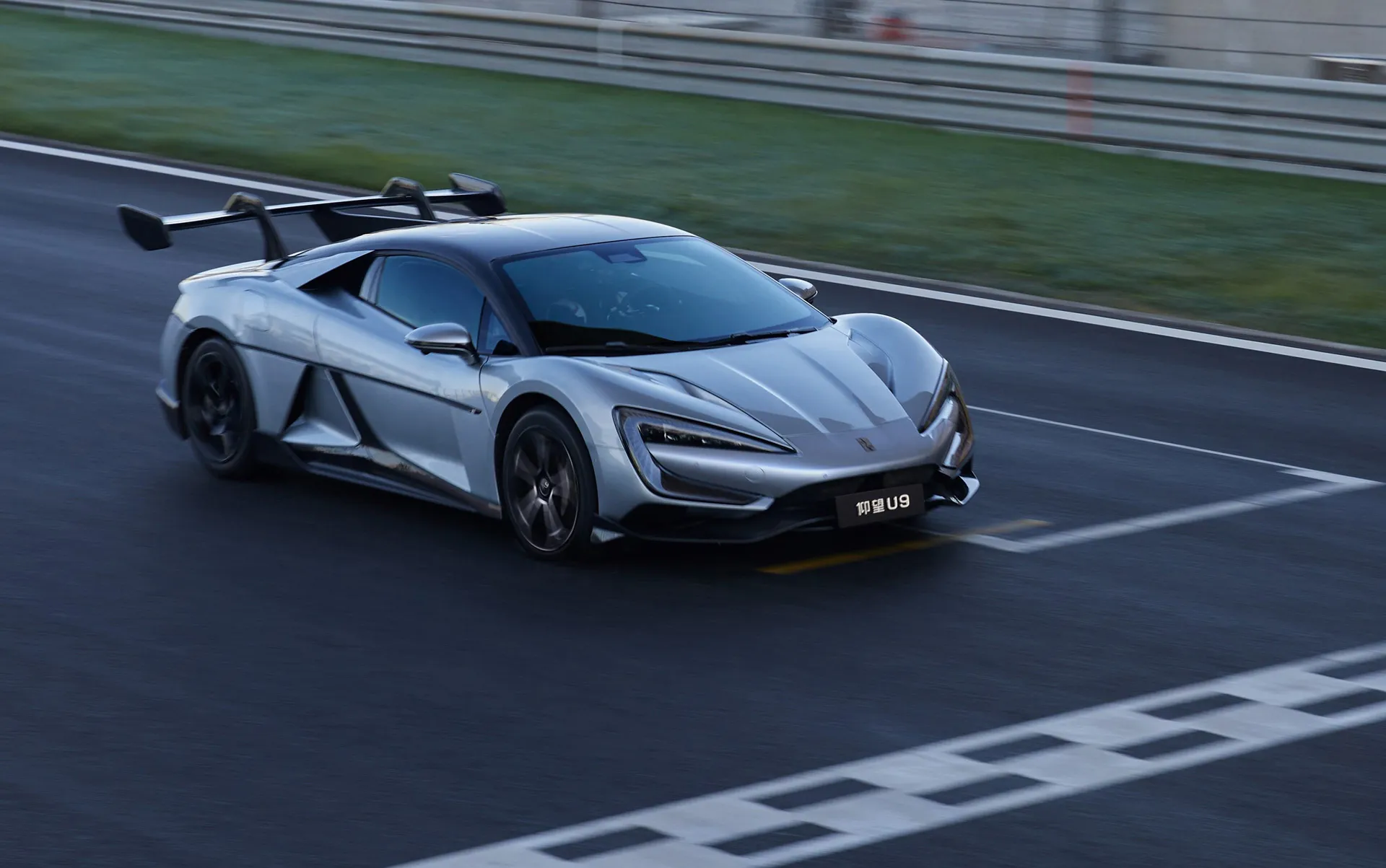Lexus has unveiled a UTV with a hydrogen-powered engine.

Lexus' focus on hydrogen is not limited to fuel cell passenger cars. As part of its recently unveiled LX, Toyota's luxury car brand, Lexus unveiled a UTV concept powered by a hydrogen-fueled combustion engine.
Called a Recreational Off-Highway Vehicle (ROV), the off-roader burns hydrogen instead of gasoline or diesel. Lexus did not provide much information and only briefly showed off the ROV at a recent online press conference.
However, the styling connection to Lexus cars and SUVs is clear, thanks to the controversial spindle grille outline on the front.
While hydrogen-burning engines have not received as much attention as fuel cells, Lexus' parent company, Toyota, has taken notice of the idea. Earlier this year, Toyota unveiled a racing car powered by a hydrogen-fueled inline three-cylinder engine and entered it in a Japanese endurance race.
The idea is not new: In 2006, BMW introduced a prototype 7 Series sedan powered by a hydrogen V-12 engine; the main modifications to convert the V-12 engine from gasoline to hydrogen were fuel storage and fuel injectors. [However, hydrogen engines have their drawbacks. Burning hydrogen in a combustion engine emits nitrogen oxides, and the process of producing hydrogen, distributing it, and transferring its energy to the wheels of the vehicle is inherently inefficient.
For this reason, fuel cell vehicles such as the Toyota Mirai, which use hydrogen to generate electricity and then use that power to drive an electric motor, are generally the technology of choice for automakers. However, all types of hydrogen vehicles are limited by a lack of infrastructure to produce hydrogen and a shortage of fuel stations. In addition, without the use of renewable energy, hydrogen production has the potential to emit large amounts of greenhouse gases
, which can be a major source of energy for the hydrogen industry
.
Therefore, the future of fuel cell passenger cars is uncertain, and it is unlikely that a Lexus ROV will be produced. However, Toyota is taking a broader approach to hydrogen, which could be used in commercial trucks.


